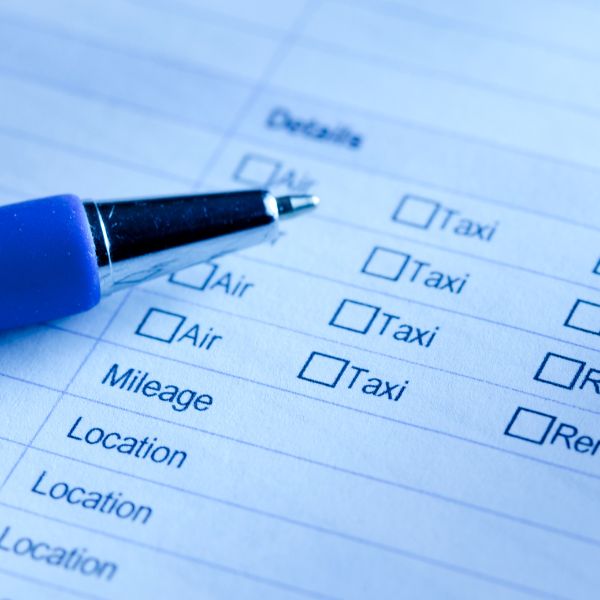Travel expenses for employers can include a range of costs, from providing travel for employees to reimbursing expenses for meals and other necessary costs incurred while traveling. In this article, we will provide a comprehensive guide on travel and subsistence expenses, including how to reimburse employees, the use of benchmark scale rates, and the reimbursement of fuel costs.
Reimbursing Employee Travel Costs
Employers have two options when it comes to reimbursing employee travel expenses:
- Actual costs incurred
- A set amount of cash (scale rate payments).
If the employer simply reimburses the employee for the actual travel costs incurred, these payments are not subject to tax or National Insurance (NI) deductions. However, receipts must be provided by the employee and kept by the employer as evidence of this expenditure.
On the other hand, scale rate payments refer to a set amount of cash provided by the employer for common business expenses such as travel and meals. In order for benchmark scale rates to be used, certain qualifying conditions must be met, including the requirement for the travel to be in the performance of an employee’s duties or to a temporary place of work and for the employee to be absent from their normal place of work or home for a continuous period of more than five hours.
HMRC provides benchmark scale rates for subsistence costs, which are the maximum amounts that can be paid without tax or NI consequences. Employers can choose to pay less than these rates, but if the amount paid exceeds the scale rate, it will be subject to tax and NI deductions.
Subsistence Rates
The benchmark scale rates for subsistence are as follows:
| Min journey time | Max amount of meal allowance |
| 5 hours | £5 |
| 10 hours | £10 |
| 15 hours (& ongoing at 8pm) | £25 |
Please note that the rate for subsistence over 15 hours will generally apply in cases where an employee is required to stay away overnight and the cost of meals is not included in an accommodation payment.
Overnight Accommodation Rates
Unfortunately, a benchmark rate has not been set for overnight accommodation costs. Employers wishing to reimburse these costs will need to apply for a bespoke rate with HMRC and a checking process will be required.
Reimbursing Fuel Costs for Personal Cars
Employees can be reimbursed for the cost of using their personal vehicles for business travel. If the employer pays less than the approved mileage rate, then tax or NI is not deducted from the payments. The approved mileage rates for vehicles and motorcycles are 45p and 24p respectively for the first 10,000 business miles in the tax year, with a reduced rate of 25p and 24p per mile thereafter.
If the rate paid exceeds the approved mileage rate, the difference will be subject to tax and NI deductions.
Reimbursing Fuel Costs for Company Cars
Employees who have a company car will need to be reimbursed for business travel, assuming they do not receive a private fuel benefit. If the employer pays for the business miles driven at a rate less than the advisory fuel rate, then tax or NI is not deducted. If a higher rate is paid, the excess will be subject to tax and NI deductions.
HMRC reviews the advisory fuel rates every quarter, which can be found on their website. These advisory fuel rates can also be used if the employer pays for all the employee’s fuel and private travel mileage is recorded and repaid by the employee, resulting in no fuel benefit
Share this Story

